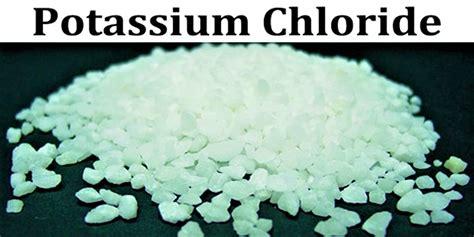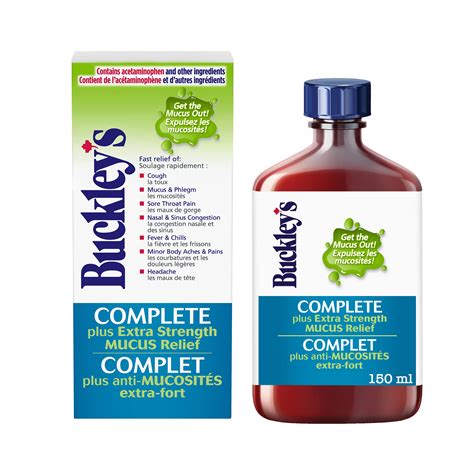The unsettling sensation of swollen glands under the jaw can be a nuisance, often accompanied by discomfort, pain, and a general feeling of being unwell. These swollen glands, also known as lymph nodes, play a crucial role in our immune system, acting as filters that trap and destroy harmful substances. When they become inflamed, it can be a sign of an underlying infection or condition that needs attention. Before we delve into the effective home remedies, it’s essential to understand the causes and symptoms of swollen lymph nodes under the jaw.
Causes of Swollen Glands Under Jaw
Swollen lymph nodes under the jaw can result from various factors, including:
- Viral Infections: Common colds, flu, and mononucleosis can cause lymph nodes to swell.
- Bacterial Infections: Infections such as strep throat, tooth infections, or infected piercings can lead to swollen lymph nodes.
- Dental Issues: Poor dental hygiene, gum disease, or an abscessed tooth can cause swelling in the lymph nodes under the jaw.
- Sinus Infections: Sinusitis, especially if it’s chronic, can lead to swollen lymph nodes as the body tries to fight the infection.
- Allergies: Severe allergic reactions, especially those affecting the throat or sinuses, can cause swelling.
Symptoms
The symptoms of swollen lymph nodes under the jaw can vary but often include:
- Pain or tenderness: The swollen area may be painful to the touch or tender.
- Swelling: Visible swelling under the jaw.
- Redness and warmth: The skin over the swollen node may become red and feel warm.
- Fever: Sometimes, fever accompanies the swelling.
- General discomfort: Feeling unwell or tired.
Effective Home Remedies
While it’s crucial to consult with a healthcare professional for proper diagnosis and treatment, especially if the swelling persists or worsens, there are several home remedies that can help alleviate the discomfort and support the healing process.
1. Warm Compresses
Applying a warm compress to the affected area can help reduce pain and swelling. Soak a cloth in warm water, wring it out, and apply it to the swollen area for a few minutes. Repeat this process several times a day.
2. Salt Water Rinse
For swollen lymph nodes caused by a dental issue or throat infection, gargling with warm salt water can be beneficial. Mix 1⁄4 teaspoon of salt in 8 ounces of warm water and gargle several times a day.
3. Herbal Teas
Certain herbal teas, such as echinacea and slippery elm, are known for their immune-boosting and soothing properties. Drinking these teas may help your body fight off the underlying infection.
4. Rest and Hydration
Getting plenty of rest and staying hydrated are crucial when dealing with any infection. Ensure you drink enough water and other fluids to help your body recover.
5. Elevated Head Position
Sleeping with your head elevated can help reduce swelling by facilitating the drainage of fluid away from the head and neck area.
Implementation of Home Remedies
To effectively use these home remedies, consider the following:
Step 1: Identify the Cause
Understanding the underlying cause of your swollen lymph nodes is crucial. If you suspect a bacterial infection, consult a healthcare provider as antibiotics may be necessary.
Step 2: Combine Remedies
Combining remedies such as warm compresses, salt water rinses, and herbal teas can provide comprehensive relief.
Step 3: Monitor Progress
Keep track of your symptoms and the effectiveness of the remedies. If the swelling worsens or you experience severe symptoms, seek medical attention.
When to Seek Medical Attention
While home remedies can provide relief, there are instances where medical attention is necessary:
- Severe Pain: If the pain is severe or worsening.
- Persistent Fever: A fever that lasts for more than 2-3 days.
- Difficulty Swallowing: If you find it hard to swallow.
- Breathing Difficulties: Shortness of breath or difficulty breathing.
- Worsening Swelling: If the swelling increases significantly.
Conclusion
Swollen glands under the jaw can be a troubling symptom, but with a combination of understanding the causes, using effective home remedies, and knowing when to seek medical help, you can manage your symptoms and support your body’s natural healing process. Always prioritize your health and consult with a healthcare professional if you’re unsure about the cause of your symptoms or the best course of action.
What are the most common causes of swollen lymph nodes under the jaw?
+The most common causes include viral infections like the common cold or flu, bacterial infections such as strep throat, dental issues, and sinus infections.
How can I differentiate between a viral and bacterial infection causing swollen lymph nodes?
+Differentiating between viral and bacterial infections often requires a healthcare professional’s diagnosis. However, symptoms like a high fever, severe pain, or difficulty swallowing might suggest a bacterial infection that may require antibiotics.
Can home remedies alone cure swollen lymph nodes?
+While home remedies can provide relief and support healing, they may not be enough to cure the underlying cause, especially if it’s a bacterial infection. Consulting a healthcare provider for proper diagnosis and treatment is essential.

